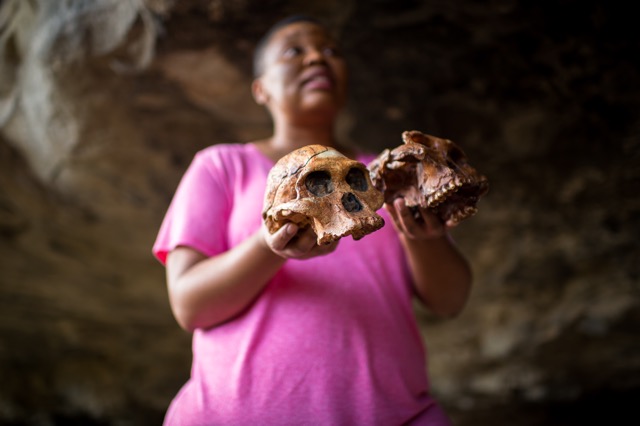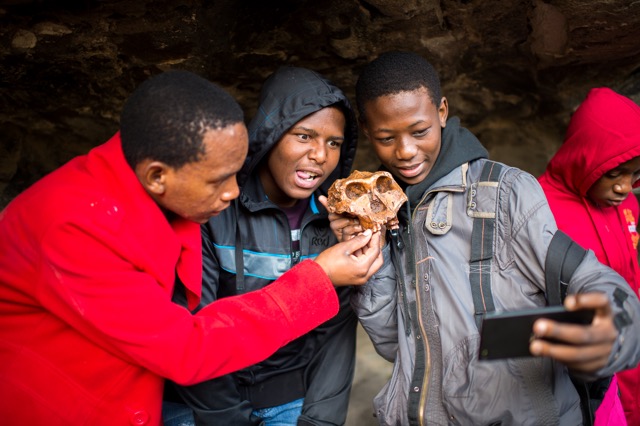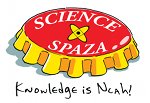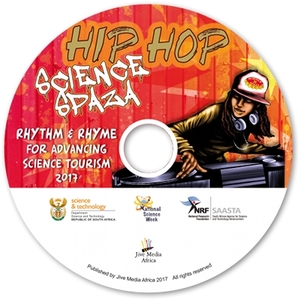TRACES OF THE PAST

Dr Nonny Vilakazi shows Science Spaza members some ancient hominid fossils.
While some scientists are searching for life on other planets and engineering technologies to improve our lives, others are still digging up fossils. But fossils are old. How are they still relevant today?
Fossils are real examples of past living organisms which lived millions of years ago! Did you know that South Africa has a wealth of fossils? Particularly, the Cradle of Humankind which attracts a lot of tourists from around the world because of the human fossils found there and the stunning scenery of the Sterkfontein Caves where they have been preserved for over two million years! How amazing is this? For example, in 2015 palaeontologists discovered a new species, Homo Naledi, at the Cradle of Humankind. This species lived between 236 000 and 335 000 years ago! This provides another piece to understanding the evolution of mankind on Earth. This is very exciting!
We call scientists who study fossils palaeontologists. Palaeo means old or ancient, and ontology simply means the study of things. There are many fossils that a palaeontologist can study. For example, Aviwe Matiwane studies plant fossils and Dr Nonny Vilakazi studies reptile fossils. You can meet these two scientists in this edition – they’re excited to share their thrilling stories of plant and reptile fossils.

Science Spaza gets you up close with your ancestors
See National Science Week 2017

